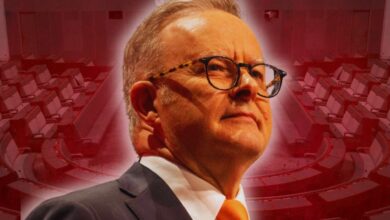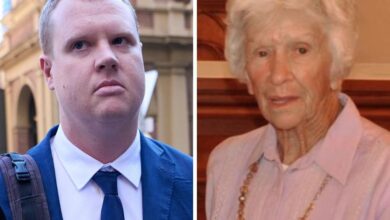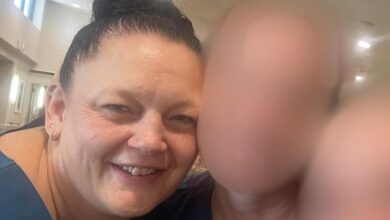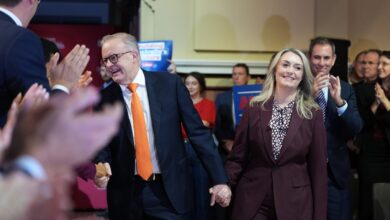Wellbeing study on bushfire victims
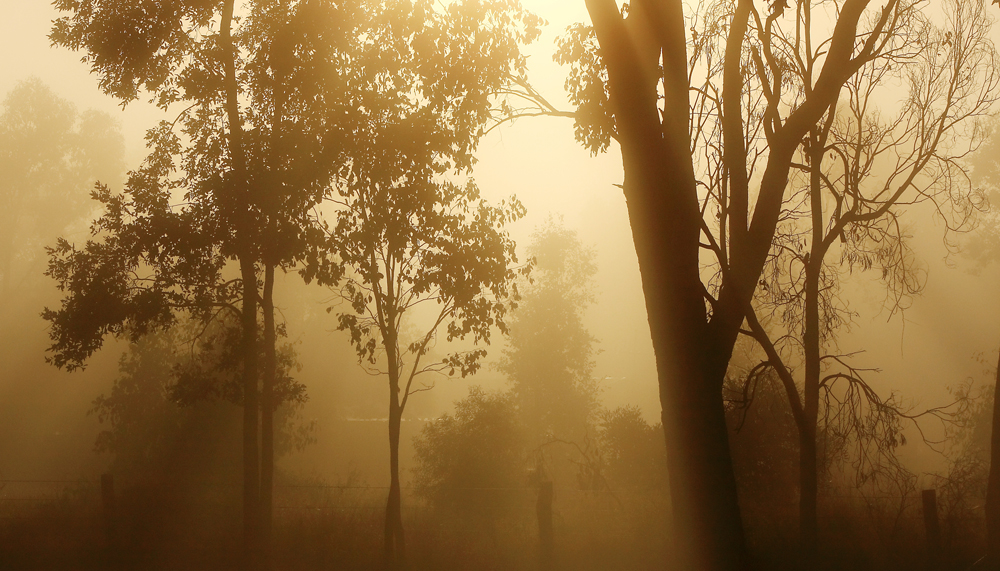
Melbourne Uni’s School of Population Health launches study into mental health of survivors of Victoria's Black Saturday bushfires.
In the wake of the Black Saturday bushfires, Kinglake resident Leslie Bebbington saw a need to bring the region's young people together.
The bushfires that swept across the state on February 7, 2009, taking lives and homes, left the community and its young people in a state of flux.
"There was nothing left," Bebbington, 52, told AAP.
"It was a real mess."
Bebbington started a youth group for high school-aged children to share their experiences and provide them with support.
The group now has more than 130 young people on its books, with 30 to 50 adolescents dropping in to the group's new purpose-built facility every Monday evening.
"It's important when you live through trauma like that to share time with people who have had a common experience," Bebbington said.
Dr Lisa Gibbs from Melbourne University's School of Population Health hopes to uncover similar initiatives.
The university is leading a study of more than 3000 people in Victorian communities affected by the Black Saturday bushfires, to develop ways to improve support for future disaster victims.
"We want to learn about what made a difference and what's continuing to make a difference," Dr Gibbs told AAP.
"The impact of a disaster of that scale is long term, so there are still things that we can be doing to help those communities ... but we can still learn a lot about how to respond to disasters to support individuals and communities."
Gibbs said the research was not just about the health and wellbeing of individuals, but how whole communities were affected.
"We hope to establish some mental health and wellbeing strategies that individuals, communities and agencies can rely on if they ever face future natural disasters again," Gibbs said.
Researchers will survey the participants three times over five years, while a smaller group will take part in in-depth interviews about the recovery process.
The study has been trialled in the Bendigo and Darnum regions of Victoria and will now be expanded to a further 24 communities, including Marysville, Callignee, Taggerty, and Kinglake.
Bebbington said it was important to document bushfire response by giving the damaged communities the opportunity to contribute.
Beyond Bushfires: Community Resilience and Recovery, will involve a team of international researchers in the fields of mental health, trauma, recovery, social networks, community, family health, child research, policy and emergency services.
Researchers will survey about 3000 children, adolescents and adults.
Gibbs said researchers were also keen to speak to people who were affected by the fires but who may have relocated.
AAP
Email: [email protected]

